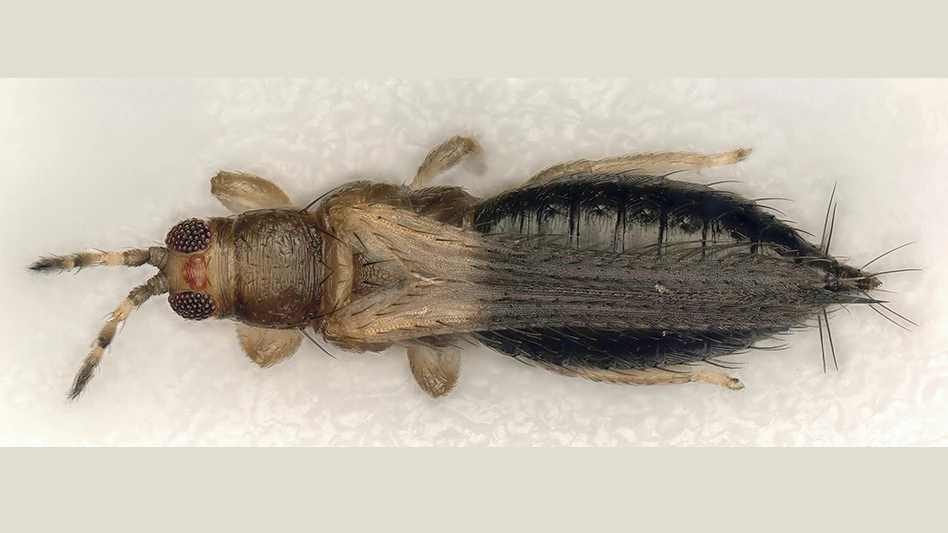|
|
When Wisconsin Nursery Association decided to make Calamintha nepeta var. nepeta ‘Montrose White’ its 2010 Perennial Plant of the Year, they based the decision on years of experience with this stellar perennial.
Mike Yanny of Johnson’s Nursery in Menomonee Falls, Wis., is the man who named this plant after watching it thrive under benign neglect in his own garden. Yanny’s wife purchased the calamint from Nancy Goodwin at Montrose Nursery. Yanny admired how the plant took a lot of abuse, but bounced back every year. He got the blessing from Goodwin to have the calamint named and patented — hence the cultivar name ‘Montrose White.’
“It’s tough, easy and absolutely beautiful,” Yanny said of this perennial.
Characteristics and care
‘Montrose White’ is a clump-forming, well-behaved plant. It’s covered with tiny white flowers for most of the summer, and has very fragrant leaves. This calamint will grow anywhere with full sun and well-drained soil.
Yanny emphasized the need for good drainage. In his experience, ‘Montrose White’ will tolerate clay soils, provided it’s planted in a berm or above standard grade. It will not stand for having its feet consistently wet.
‘Montrose White’ is ideal for shrub borders, containers and as an edging plant. Its fragrance also attracts pollinating insects and hummingbirds. ‘Montrose White’ can reach 9- to 12-inches tall, with a spread of more than a foot. It’s hardy to USDA Hardiness Zone 4.
Cultivation
‘Montrose White’ is a “production-person’s dream plant,” according to Yanny. He places two cuttings in a 2 ¼-inch pot in early- to mid-June. They’ll take root in three weeks or less, and then are shifted directly into 1-gallon containers.
“It roots like a coleus,” Yanny quipped.
A 1-gallon container will be ready to sell in six weeks or less, Yanny said. ‘Montrose White’ has no special fertilizer or pH requirements.
In the landscape, this calamint will continue to thrive despite gardener neglect. Which is probably why Yanny has yet to meet a person who doesn’t like this plant.
“It’s self cleaning and never goes to seed, and it stays compact,” he said.
For more: Johnson’s Nursery; www.johnsonsnursery.com.

Explore the March 2010 Issue
Check out more from this issue and find your next story to read.
Latest from Nursery Management
- [WATCH] January issue recap
- Hoffmann Family of Companies acquires Smith Gardens, Pacific Plug & Liner
- The funnel to freedom
- Applications now open for American Floral Endowment graduate scholarships
- The social sales engine
- New SustainaGuides on lighting and water conservation from Sustainabloom available
- Get to know Brian Kemble
- Meet the All-America Selections AAS winners for 2026







